Will a Supreme Court Case About Fishing Water Down the IRS?
The U.S. Supreme Court just decided a case about Chevron deference that has implications far beyond the fishing industry.


Profit and prosper with the best of Kiplinger's advice on investing, taxes, retirement, personal finance and much more. Delivered daily. Enter your email in the box and click Sign Me Up.
You are now subscribed
Your newsletter sign-up was successful
Want to add more newsletters?

Delivered daily
Kiplinger Today
Profit and prosper with the best of Kiplinger's advice on investing, taxes, retirement, personal finance and much more delivered daily. Smart money moves start here.

Sent five days a week
Kiplinger A Step Ahead
Get practical help to make better financial decisions in your everyday life, from spending to savings on top deals.

Delivered daily
Kiplinger Closing Bell
Get today's biggest financial and investing headlines delivered to your inbox every day the U.S. stock market is open.

Sent twice a week
Kiplinger Adviser Intel
Financial pros across the country share best practices and fresh tactics to preserve and grow your wealth.

Delivered weekly
Kiplinger Tax Tips
Trim your federal and state tax bills with practical tax-planning and tax-cutting strategies.

Sent twice a week
Kiplinger Retirement Tips
Your twice-a-week guide to planning and enjoying a financially secure and richly rewarding retirement

Sent bimonthly.
Kiplinger Adviser Angle
Insights for advisers, wealth managers and other financial professionals.

Sent twice a week
Kiplinger Investing Weekly
Your twice-a-week roundup of promising stocks, funds, companies and industries you should consider, ones you should avoid, and why.

Sent weekly for six weeks
Kiplinger Invest for Retirement
Your step-by-step six-part series on how to invest for retirement, from devising a successful strategy to exactly which investments to choose.
What do commercial fishing boats have to do with the IRS and potentially your taxes? That’s a question on some people’s minds since the U.S. Supreme Court recently heard oral arguments in Loper Bright Enterprises v. Raimondo.
The Loper Bright dispute is about a regulation by the National Marine Fisheries Service that requires commercial fisheries to pay about $700 daily for an industry monitoring program. However, the legal question before the Justices is whether the Court should clarify or overrule a fundamental administrative law doctrine: Chevron deference.
In a brief submitted to the Court on behalf of the federal government, U.S. Solicitor General Elizabeth B. Prelogar wrote, “Overruling Chevron would be a convulsive shock to the legal system.”
From just $107.88 $24.99 for Kiplinger Personal Finance
Become a smarter, better informed investor. Subscribe from just $107.88 $24.99, plus get up to 4 Special Issues

Sign up for Kiplinger’s Free Newsletters
Profit and prosper with the best of expert advice on investing, taxes, retirement, personal finance and more - straight to your e-mail.
Profit and prosper with the best of expert advice - straight to your e-mail.
UPDATE: The U.S. Supreme Court overruled Chevron on June 28. For more information, see our updated story: Supreme Court Strikes Down Chevron: What It Means for the IRS.
Because of this and since the plaintiffs are represented by well-funded conservative groups, the Cause of Action Institute and the New Civil Liberties Alliance, some worry that the case is a call for the Supreme Court to weaken the rulemaking authority held by federal agencies — including the IRS.
In a release about the case, the NCLA argues against the Chevron doctrine. “In fact, interpreting statutes is not policy choice, but a traditional legal duty that Article III of the Constitution entrusts to federal courts. Congress cannot delegate or reallocate such judicial power — which it never possessed in the first place — to executive agencies like NOAA.”
In any case, if the Court strikes down or alters the Chevron doctrine, it would shift the federal rulemaking landscape that’s been in place for nearly 40 years. Here’s more of what you need to know.
What is Chevron doctrine?
Federal agencies frequently use their authority and expertise to create rules and regulations to enforce laws passed by Congress. In the process, they often fill in gaps in the law. These gaps may occur due to unclear legal language or because lawmakers intentionally wrote legislation to appease both sides in a political debate. Consequently, laws sometimes do not provide clear guidance or details on essential questions. Sometimes the gaps involve policy questions.
In many cases, the Chevron doctrine allows federal agencies the flexibility to interpret ambiguous statutes and receive deference from the court. Currently, courts defer to federal agency expertise when those agencies attempt to fill in gaps left by Congress in implementing specific laws, provided the agency’s interpretation is reasonable.
That principle came from the High Court’s ruling in a 1984 case, Chevron v. Natural Resources Defense Council. For the last four decades, courts have typically embraced the Chevron doctrine, even when the agency’s reading of a statute differed from the court’s.
IRS tax authority: Chevron doctrine overturned?
The IRS and the U.S. Department of the Treasury are responsible for implementing tax regulations. Due to the complexity of tax law, they often have to fill gaps in tax legislation passed by Congress.
This is especially true when Congress drafts complex tax legislation at the last minute or amidst challenges on Capitol Hill, as is happening now with a bipartisan tax compromise proposed just weeks before tax season begins. In those and other instances, experts at the IRS and Treasury make interpretations and create rules to provide clarity to taxpayers.
- Some supporters of retaining Chevron deference believe that if courts and taxpayers were more likely to challenge the authority of federal agencies like the IRS, it could create confusion and slow down IRS guidance and new tax rules.
- Meanwhile, some who argue in favor of overruling Chevron, see it as a way to limit federal bureaucracy and overregulation and return more control over various federal laws and rules to those impacted by the regulations.
So, what happens when a law does not cover a specific issue? Should a federal agency be allowed to create rules not mentioned in the statute? And if they have that power, should the court demand a higher standard than a reasonable interpretation to back the agency's decisions? How much deference is too much?
These are some questions the Justices will ponder to decide Loper Bright and a similar case, Relentless Inc. v. Department of Commerce.
Supreme court docket: Bottom line
The fisheries cases come as the Supreme Court has gained attention for overturning longstanding precedents and changing the legal landscape on everything from abortion rights to gun control.
Notably, this term, there are several tax cases to watch, including Moore v. U.S. involving wealth taxes. So stay tuned. The Court is expected to announce these and other rulings this summer.
Related
Profit and prosper with the best of Kiplinger's advice on investing, taxes, retirement, personal finance and much more. Delivered daily. Enter your email in the box and click Sign Me Up.

Kelley R. Taylor is the senior tax editor at Kiplinger.com, where she breaks down federal and state tax rules and news to help readers navigate their finances with confidence. A corporate attorney and business journalist with more than 20 years of experience, Kelley has helped taxpayers make sense of shifting U.S. tax law and policy from the Affordable Care Act (ACA) and the Tax Cuts and Jobs Act (TCJA), to SECURE 2.0, the Inflation Reduction Act, and most recently, the 2025 “Big, Beautiful Bill.” She has covered issues ranging from partnerships, carried interest, compensation and benefits, and tax‑exempt organizations to RMDs, capital gains taxes, and energy tax credits. Her award‑winning work has been featured in numerous national and specialty publications.
-
 The New Reality for Entertainment
The New Reality for EntertainmentThe Kiplinger Letter The entertainment industry is shifting as movie and TV companies face fierce competition, fight for attention and cope with artificial intelligence.
-
 Stocks Sink With Alphabet, Bitcoin: Stock Market Today
Stocks Sink With Alphabet, Bitcoin: Stock Market TodayA dismal round of jobs data did little to lift sentiment on Thursday.
-
 Betting on Super Bowl 2026? New IRS Tax Changes Could Cost You
Betting on Super Bowl 2026? New IRS Tax Changes Could Cost YouTaxable Income When Super Bowl LX hype fades, some fans may be surprised to learn that sports betting tax rules have shifted.
-
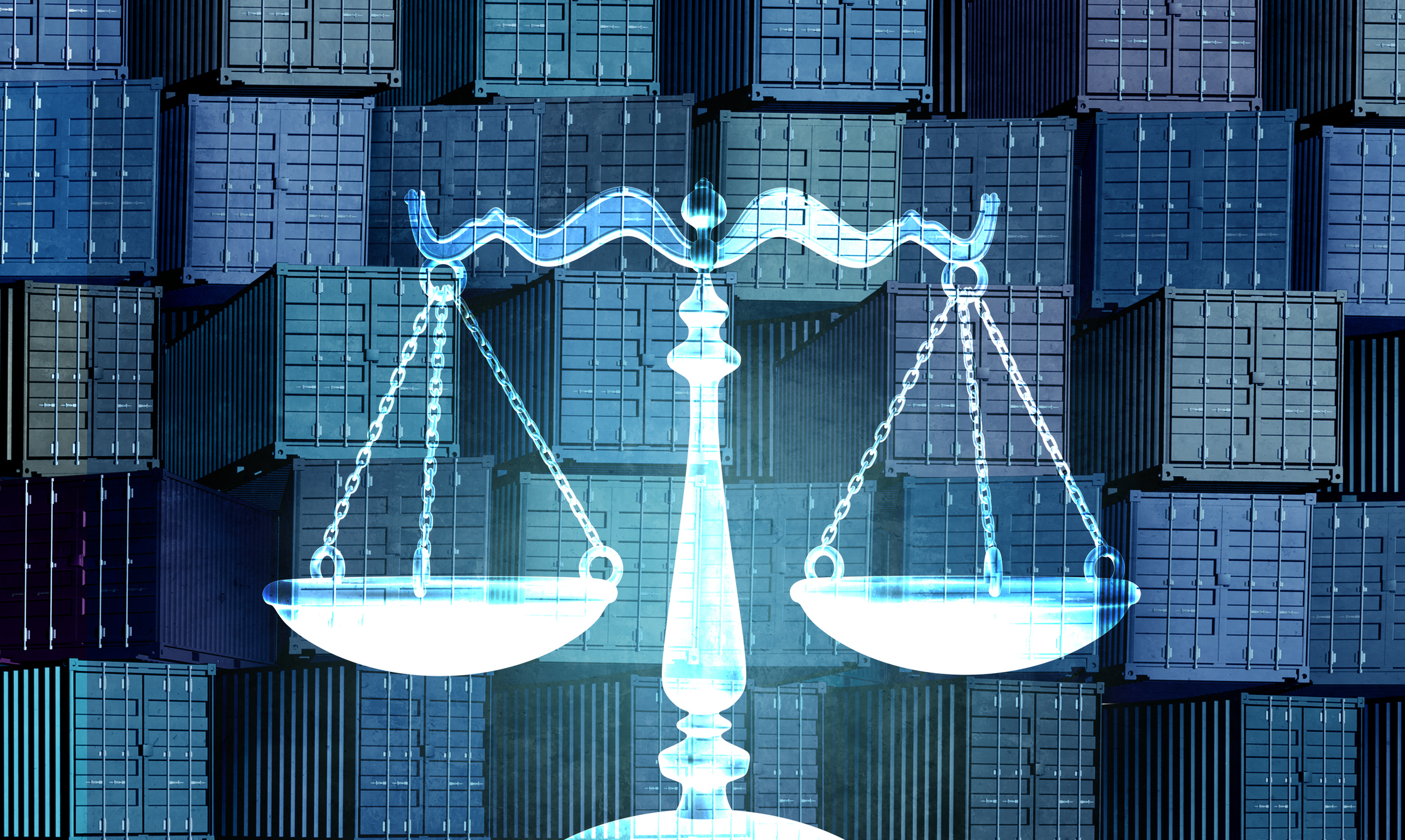 Trump Tariffs and the Supreme Court: Three Things to Know Now
Trump Tariffs and the Supreme Court: Three Things to Know NowTax Law The outcome of this legal battle about tariffs will hit your wallet in one way or another.
-
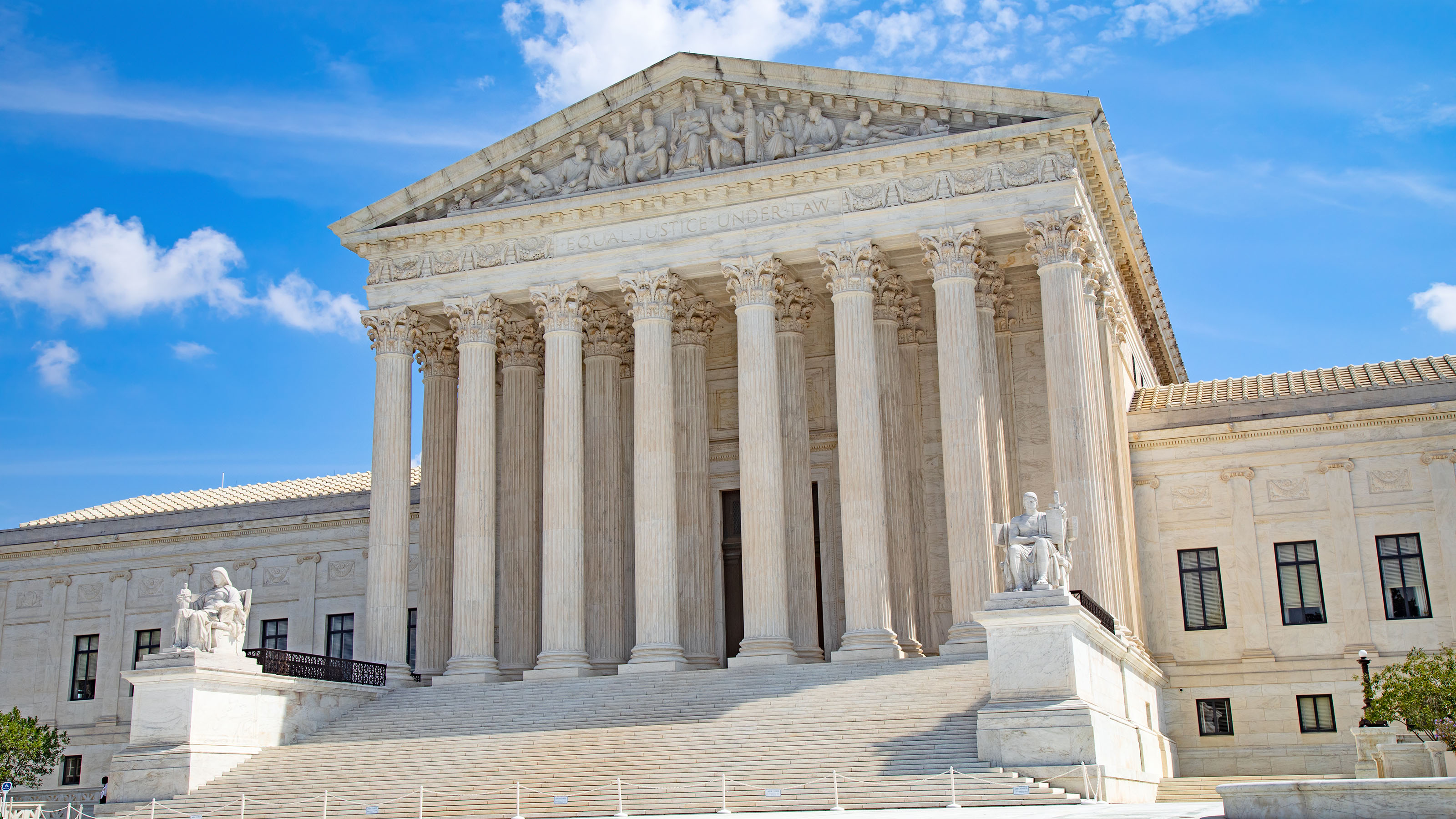 The Supreme Court's TikTok Ruling: What 170 Million Users Need to Know
The Supreme Court's TikTok Ruling: What 170 Million Users Need to KnowSCOTUS As the deadline for a potential TikTok ban approaches, uncertainty looms over the app's future in the United States.
-
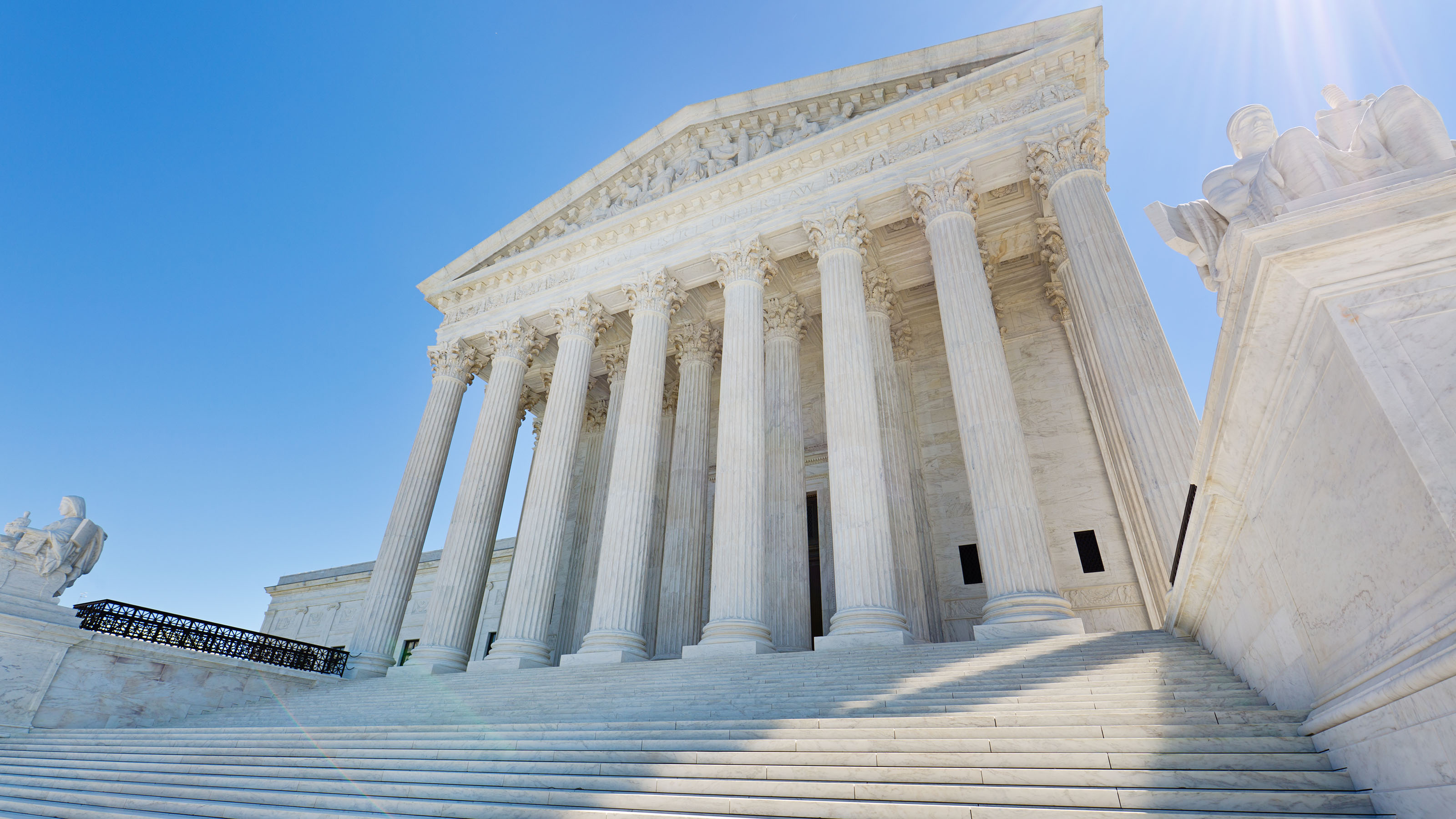 Supreme Court Strikes Down Chevron: What It Means for the IRS
Supreme Court Strikes Down Chevron: What It Means for the IRSTax Law A landmark decision from SCOTUS fundamentally alters the administrative law landscape and impacts federal agencies, including the IRS.
-
 Unrealized Gains Tax Survives U.S. Supreme Court
Unrealized Gains Tax Survives U.S. Supreme CourtWealth Taxes The Supreme Court’s ruling in Moore v. U.S. considers how wealth is taxed in the United States.
-
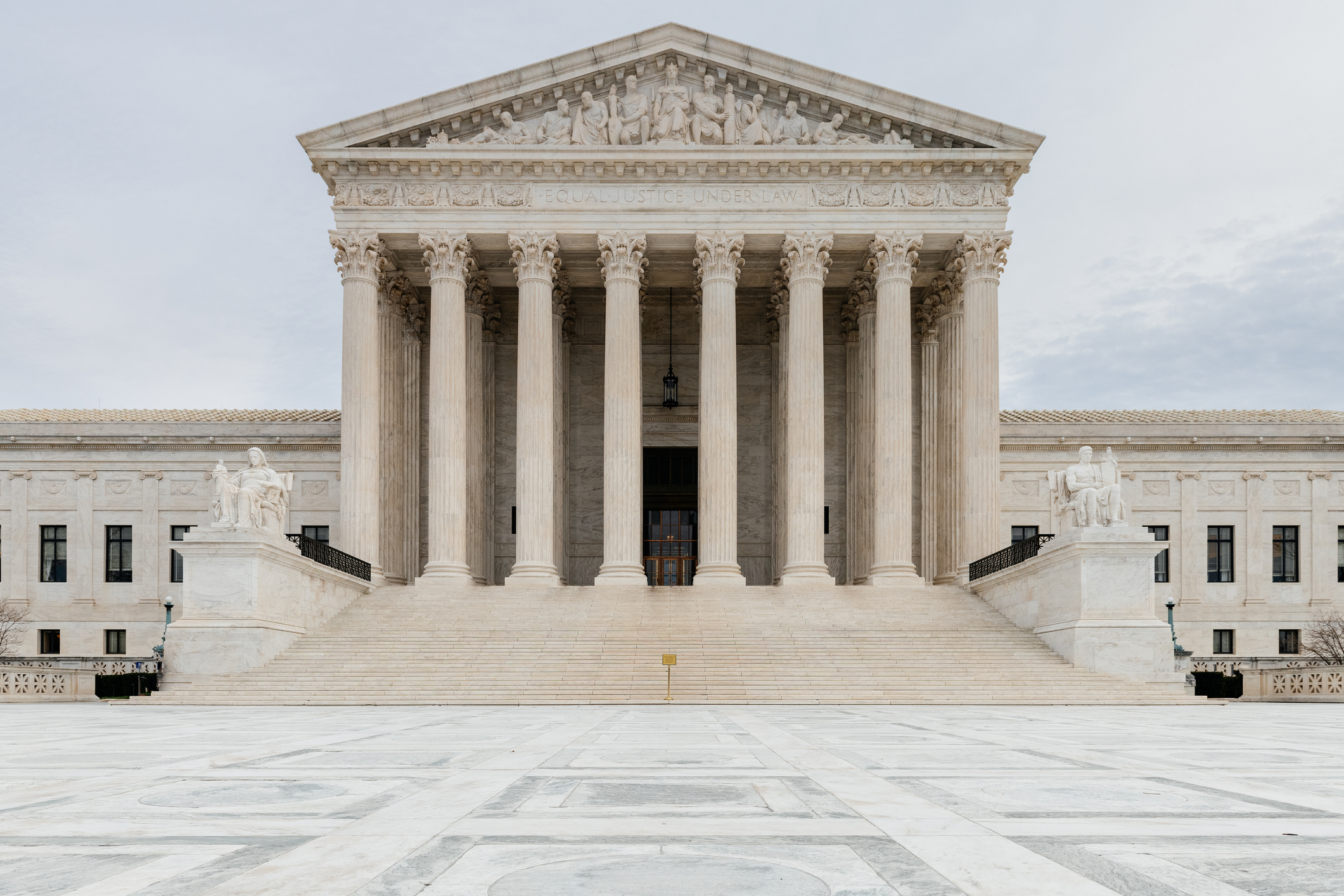 Will SCOTUS Uphold Wealth Taxes?
Will SCOTUS Uphold Wealth Taxes?Supreme Court The U.S. Supreme Court heard arguments in a case that some say could upend the U.S. tax code.
-
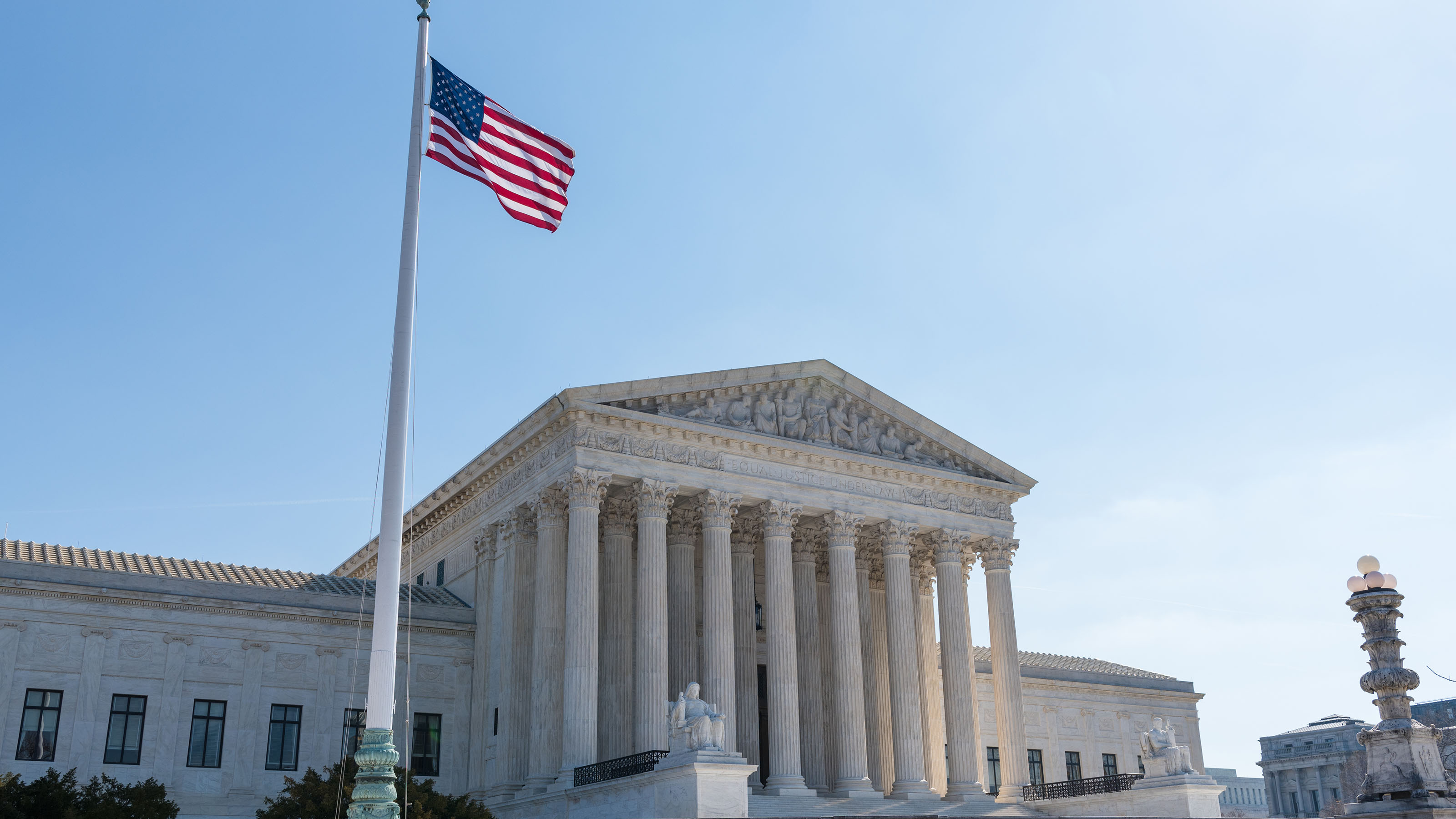 Two Supreme Court Cases Could Change the Tax Landscape: Kiplinger Tax Letter
Two Supreme Court Cases Could Change the Tax Landscape: Kiplinger Tax LetterKiplinger Tax Letter The Supreme Court’s new term started October 2. There are some interesting cases on its docket. Two could majorly change the tax landscape.
-
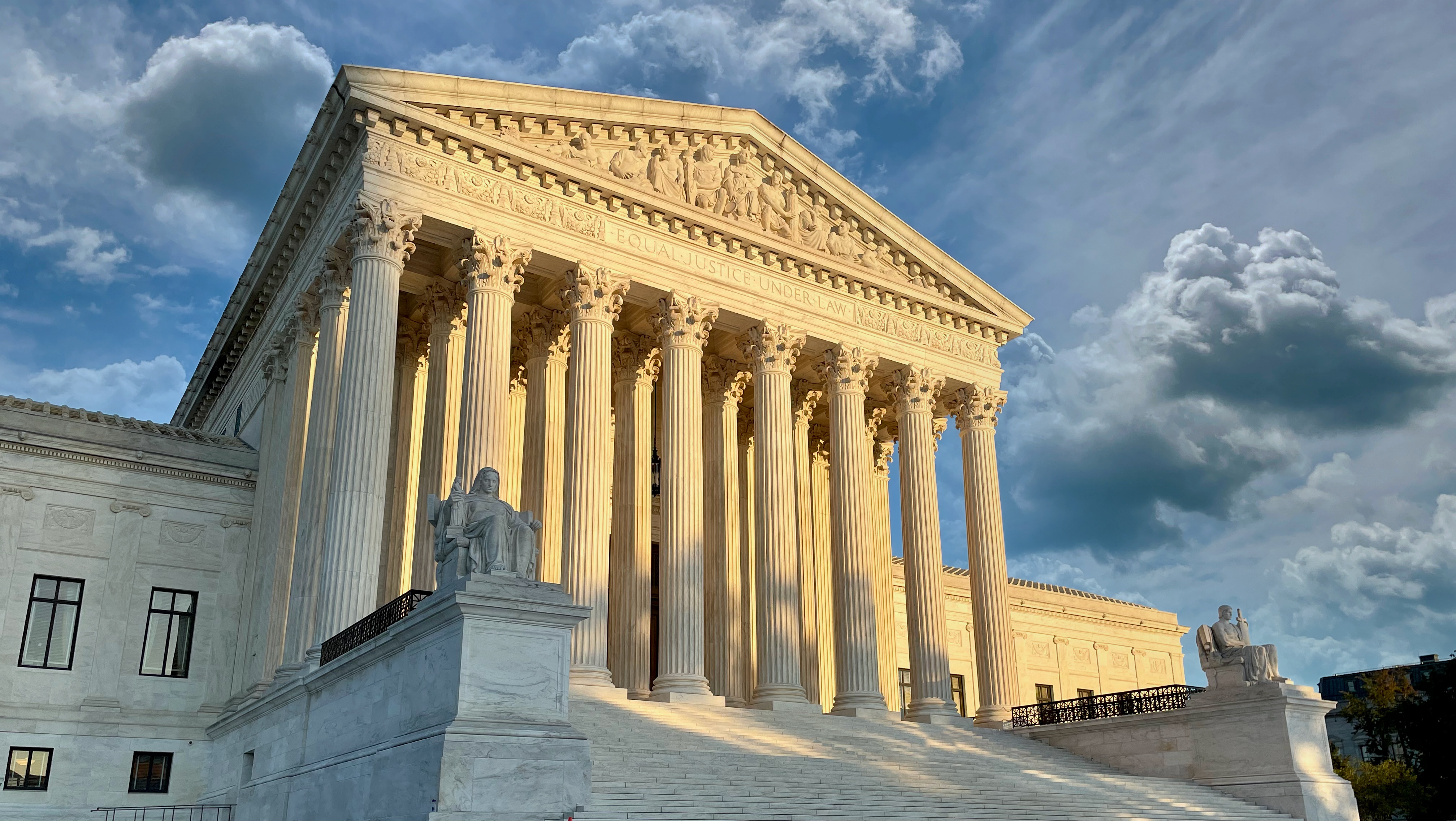 Social Media, Guns, Taxes, Abortion: New Supreme Court Cases You Need to Know
Social Media, Guns, Taxes, Abortion: New Supreme Court Cases You Need to KnowSupreme Court The U.S. Supreme Court will hear several cases this fall that could significantly impact your rights and wealth. Here are a few of them to watch.
-
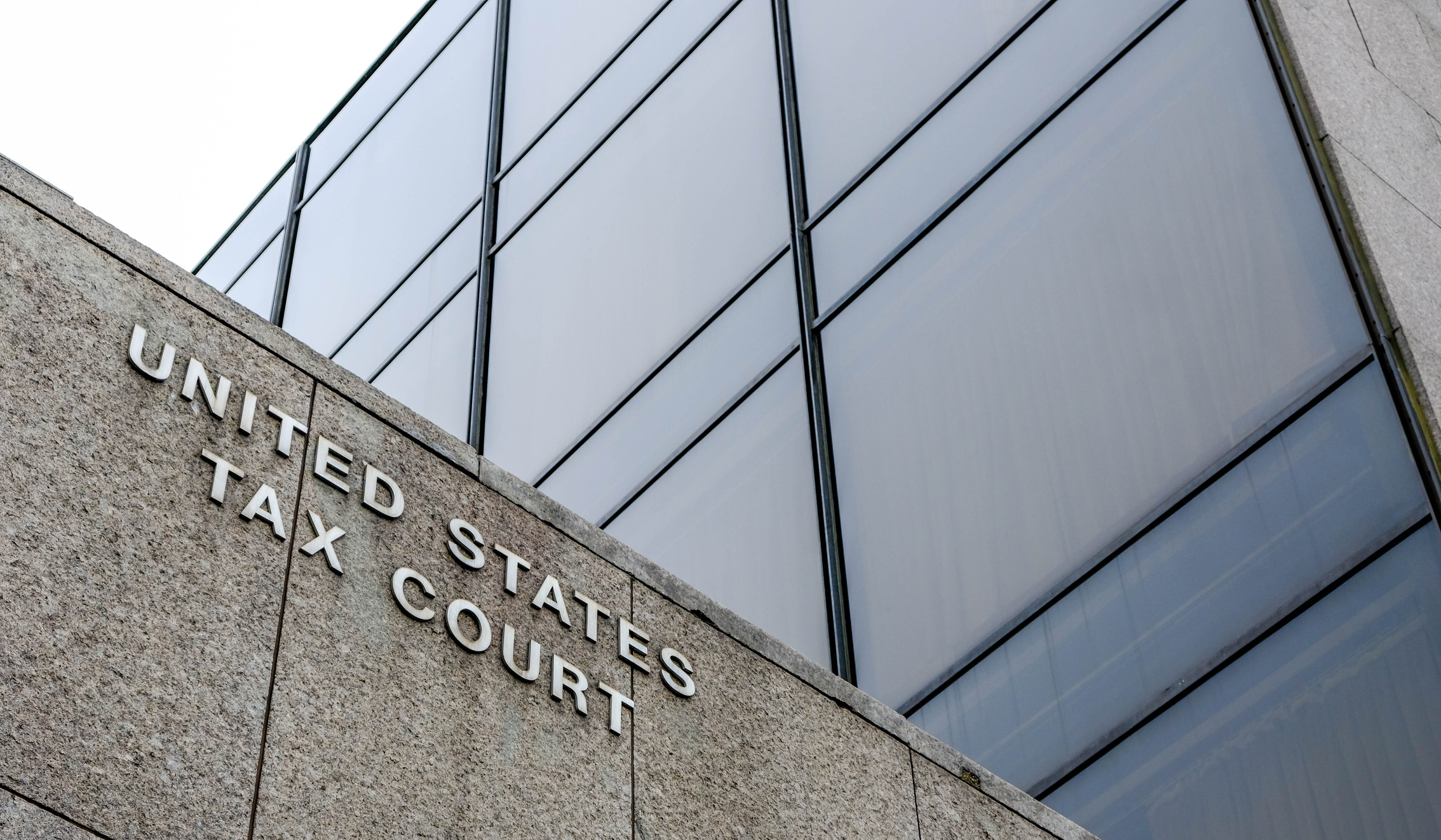 Tax Court Filing Deadlines: Kiplinger Tax Letter
Tax Court Filing Deadlines: Kiplinger Tax LetterKiplinger Tax Letter How broad is a U.S. Supreme Court case on Tax Court filing deadlines?